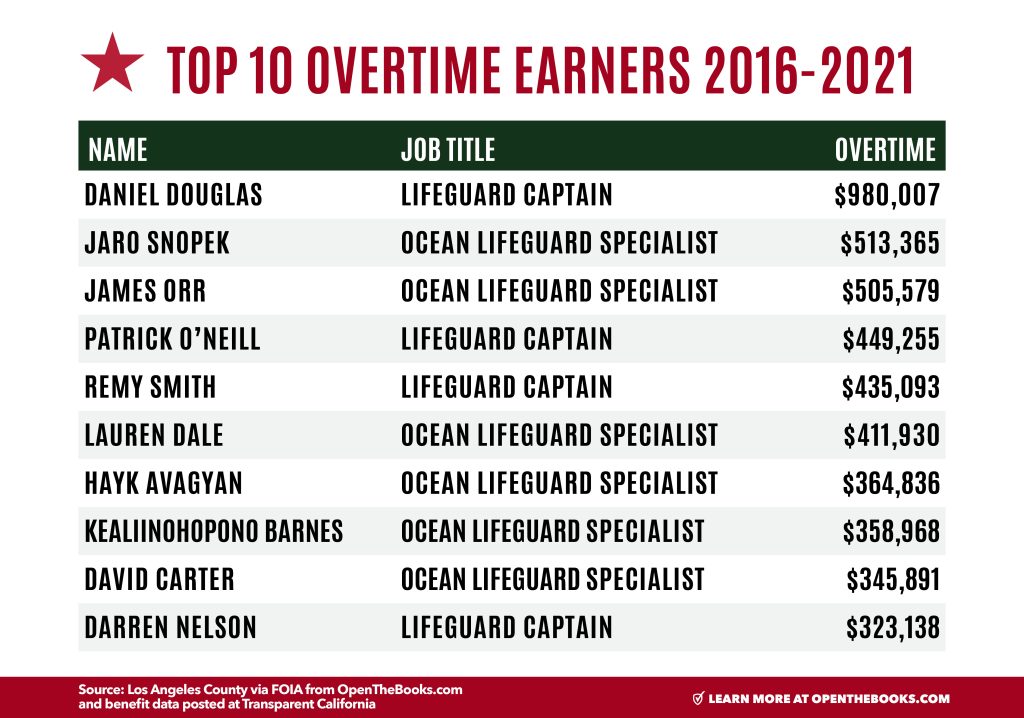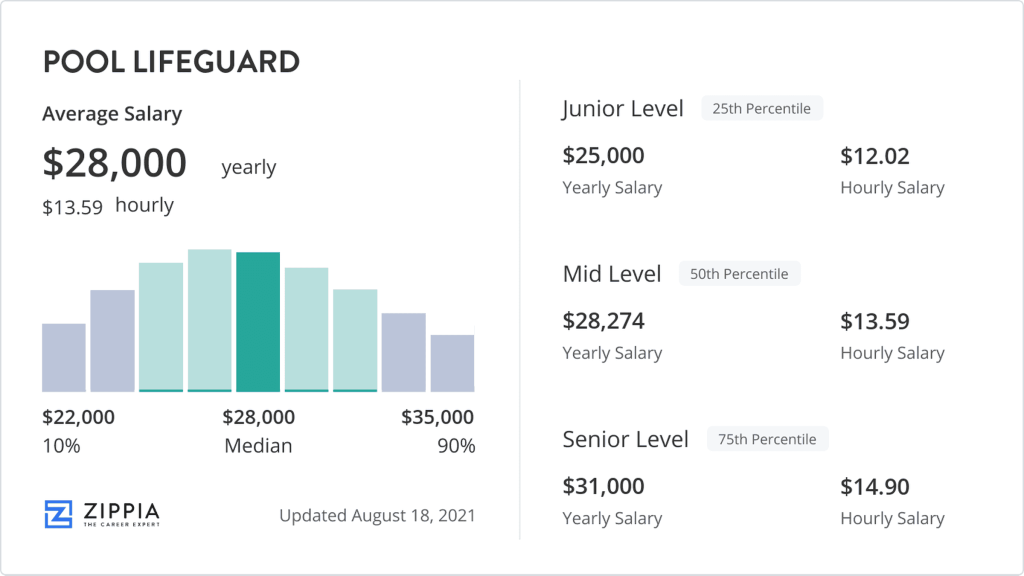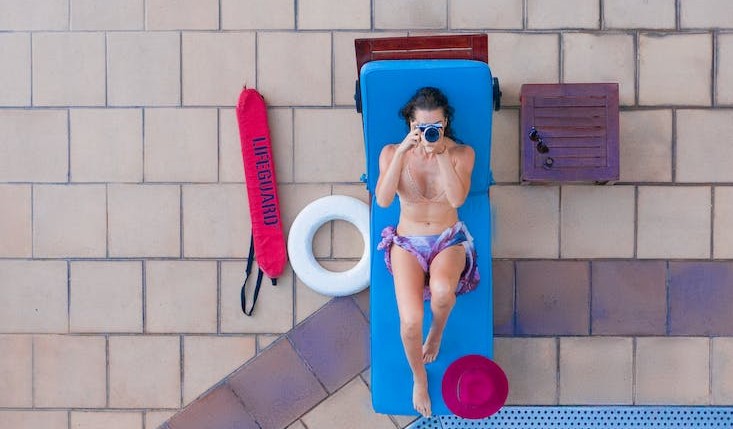The term “How to become a lifeguard” is trending on the internet and among job seekers. So we analyzed and wrote an article cum lifeguard career guide for you.
Becoming a lifeguard is responsible for the safety and well-being of people at swimming pools, water parks, and beaches worldwide. In this article, we are describing important terms and queries like certification to be a lifeguard, how to get lifeguard certified, and how much does lifeguard make. Apart from these sharing some tips and skills for succeeding in a lifeguard career.
Read Also: Red Cross Certifications | Jobs with Red Cross
What Does Lifeguard Job Means?
When people are utilizing a water facility, such as a pool, water park, or beach, lifeguards employ their expertise in accident prevention and emergency response to assure their safety.
Lifeguard Tasks and Obligations
- being in charge of keeping an eye on visitors in watery areas and taking fast action to guarantee their safety in an emergency.
- Water rescue, first aid, oxygen administration, and any other necessary emergency care and treatment.
- providing a clean, secure, and accessible facility by carrying out numerous maintenance activities and risk management responsibilities.
Lifeguards are highly trained professionals who react calmly and quickly to emergencies. Excellent judgment and physical health are required for the job of a lifeguard. A lifeguard may work in a public or private pool, on a beach, in a water park, or in a river.
Lifeguards Jobs and Salary Statistics:

How to Become a Lifeguard?
If you are interested to become a lifeguard, you can follow these simple steps:
1. Develop Swimming Skills
Lifeguards need to be strong swimmers who are able to swim while carrying weight. To ensure you’re practicing your swimming, think about joining a swim team. If your home doesn’t have a pool, you might join a gym to have access to swimming equipment and improve your swimming abilities.
Before being hired as a lifeguard, you could be required to perform a swimming test, thus anyone interested in the position should be physically fit and a strong swimmer.
Read Also: 10 Essential Skills for Firefighters to Put on Resume
Lifeguard swimming tips:
- Take a swimming class with a professional to make sure that your technique is right.
- Practice different swimming techniques like freestyle, breaststroke, or backstroke. Swimming in different ways will work out different muscles and make you a stronger swimmer.
- Learn to hold your breath to expand your lung capacity. The individual you are seeking to help could occasionally be trapped, deep underground, or otherwise challenging to reach the surface. You must be able to hold your breath for a lengthy time in this situation.
2. Complete Lifeguard Training and Certification
To complete the lifeguard certification program, all countries have some specific requirements and criteria like age limits, swimming capacity, etc. Otherwise, there is no specific formal education is needed.
The YMCA and the regional Red Cross district organization both provide certain lifeguard training courses. Starfish Aquatics Institute and NASCO both provide additional credentials that are recognized across the nation.
If you are Canadian, check out the Lifesaving Society.
If you are looking for an Australian lifeguard certification program then check out the SEEK
If you want to work as a pool lifeguard in the UK you’ll need one of the following qualifications:
3. Research First Aid and CPR
You’ll need to finish CPR and first aid training before applying to the majority of these programs. It is advisable to learn CPR techniques before registering for a course. Get experience beforehand so that you may use the software as a review.
4. Gain Essential Skills & Knowledge to be a Good Lifeguard
Lifeguards should be mentally fit and have outstanding life savings skills. Along with physical acuity, they should possess the following abilities:
- Lifeguards must keep a close eye on the water and pay close attention to their surroundings in order to spot dangers and prevent injuries.
- Clear communication with swimmers is essential for lifeguards. They must have the ability to speak up and be taken seriously. Additionally, they could be required to offer swimming programs or lessons to kids of all ages. Sharp communication skills are needed to guide individuals into and out of the pool as well as teach them how to recognize and avoid dangers.
- Leadership Skills: As leaders at a pool or water source, lifeguards must have the ability to command the space for public safety.
- The ability to remain calm and act appropriately in an emergency.
- A lifeguard should be aware of health and safety procedures.
- A lifeguard typically uses problem-solving skills when they notice a situation that doesn’t look right and may require action.
- First aid training for lifeguards typically includes learning how to manage a casualty with suspected spinal injuries.
- The ability to assess a situation is important for a lifeguard to make urgent, accurate decisions regarding how to proceed with the rescue.
- A mass rescue can be necessary when many swimmers get into difficulty at the same time.
5. Apply for Lifeguard Jobs.
Discover who is hiring:
There is often a huge need for lifeguards. You may phone the county parks offices, local swimming pools, and water parks to see if they are recruiting. The majority of venues will start recruiting lifeguards around a month before summer to allow for other, site-specific training.
Sometimes neighborhood pools may cover the cost of your lifeguard certification. Most of the time, they will want your qualification before they hire you.
Consult websites:
Job portals like aquaticscareers.com and lifeguardingjobs.com and Linkedin Jobs, that list open lifeguarding positions. Further details on the kinds of certificates required for employment may be found on these websites. They will also let you know whether they would or won’t pay for training.
How much does a lifeguard make?

Due to the fact that their duties are sometimes seasonal or part-time, lifeguards are typically compensated hourly. A lifeguard’s hourly wage is $11.81. The equivalent salary for a full-time lifeguard is $24,565. A youngster or student looking for a part-time work could find this to be the perfect position.
Resume Example of a lifeguard
While others swim or play in the water, lifeguards keep an eye on the pool or body of water. These staff members frequently have emergency care skills and assist in ensuring the security of everyone using the beach or swimming pool. Knowing how to write a strong résumé is crucial if you want to work as a lifeguard.
Click here to know about writing impressive lifeguard resume
How Many Types of Lifeguards?
There are three main types of lifeguards: pool lifeguard, open water lifeguard, and beach lifeguard.
See Also: What is a Patient care technician? Patient Care Technician Degree & Certification
References:
Lifeguard | Explore careers | National Careers Service
How To Become a Lifeguard | Indeed.com
How to Become a Lifeguard (with Pictures) – wikiHow
https://www.redcross.org/take-a-class/lifeguarding
Image source: pixabay, freepik
